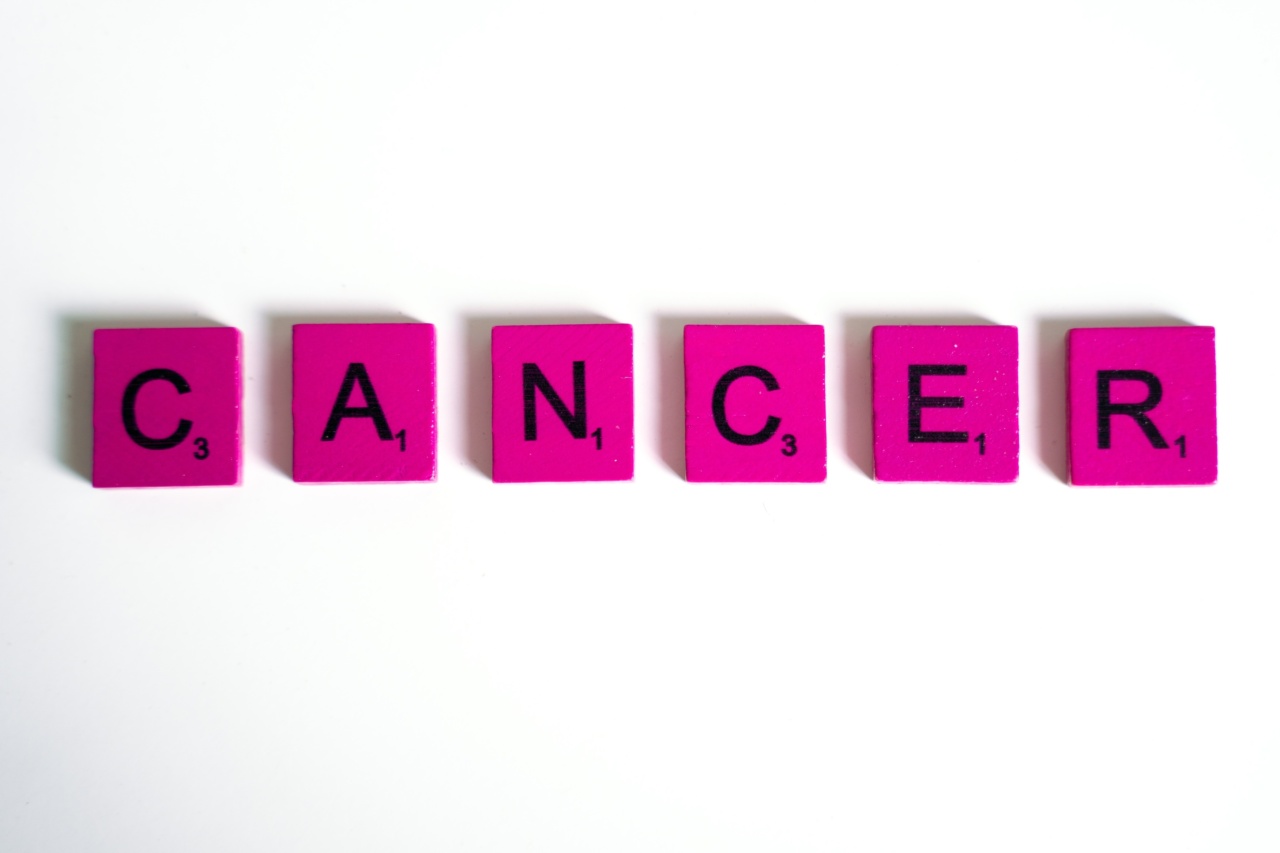Ovarian cancer is a type of cancer that starts in the ovaries, the female reproductive organs that produce eggs.
Ovarian cancer is often difficult to diagnose in its early stages, which leads to it being diagnosed at later stages when treatment may not be as effective. It is important to know the early warning signs and symptoms of ovarian cancer so that it can be diagnosed and treated as early as possible.
What Are the Early Signs of Ovarian Cancer?
The early signs and symptoms of ovarian cancer are often vague, and they may be similar to the everyday symptoms that many women experience.
It is important to see a doctor if these symptoms persist or get worse over time, especially if there is a family history of ovarian or breast cancer.
Abdominal Pain and Bloating
One of the most common early signs of ovarian cancer is abdominal pain and bloating. Women with ovarian cancer may experience pain in the abdomen, pelvis, or back. They may also feel bloated or full, even if they have not eaten a large meal.
Loss of Appetite and Weight Loss
Women with early-stage ovarian cancer may also experience a loss of appetite and weight loss. They may not feel like eating, and they may lose weight without trying.
Changes in Bowel Habits
Another early sign of ovarian cancer is changes in bowel habits, such as constipation or diarrhea. Women may also experience a need to urinate more frequently than usual.
Fatigue
Women with ovarian cancer may feel tired or fatigued, even if they have not done anything strenuous. They may feel weak or unable to perform everyday tasks.
Abnormal Vaginal Bleeding
Abnormal vaginal bleeding is another early sign of ovarian cancer. Women may experience bleeding that is not related to their menstrual cycle, or their periods may become heavier or lighter than usual.
Pain During Sex
Women with ovarian cancer may experience pain or discomfort during sex. This may be due to the tumor pressing on the reproductive organs, or it may be a result of the cancer spreading to other parts of the body.
Back Pain
Women with ovarian cancer may experience back pain or discomfort. This may be due to the tumor pressing on the nerves or organs in the back.
Indigestion
Women with ovarian cancer may experience indigestion, heartburn, or acid reflux. These symptoms may be caused by the tumor pressing on the stomach or other organs in the digestive system.
Chest Pain and Shortness of Breath
Chest pain and shortness of breath are less common early signs of ovarian cancer. These symptoms may be caused by the cancer spreading to the lungs or other parts of the body.
Who Is at Risk for Ovarian Cancer?
Women who have a family history of ovarian or breast cancer are at an increased risk of developing ovarian cancer. Other risk factors for ovarian cancer include:.
- Being over the age of 50
- Having a personal history of breast, uterine, or colon cancer
- Having used estrogen hormone replacement therapy for a long time
- Having never been pregnant
How Is Ovarian Cancer Diagnosed?
If you are experiencing any of the early signs and symptoms of ovarian cancer, your doctor may perform a pelvic exam to check for any abnormalities. They may also order an ultrasound or a blood test to look for signs of ovarian cancer.
If your doctor suspects that you may have ovarian cancer, they may refer you to a specialist for further testing and treatment. This may include a CT scan, an MRI, or a biopsy to confirm the diagnosis of ovarian cancer.
How Is Ovarian Cancer Treated?
The treatment for ovarian cancer depends on the stage and type of the cancer. It may include surgery, chemotherapy, radiation therapy, or a combination of these treatments.
Women with early-stage ovarian cancer may be treated with surgery to remove the tumor and surrounding tissues. They may also receive chemotherapy to kill any remaining cancer cells.
Women with advanced-stage ovarian cancer may receive chemotherapy or radiation therapy to shrink the tumor and relieve the symptoms of the cancer. They may also receive surgery to remove as much of the tumor as possible.
Conclusion
It is important to know the early signs and symptoms of ovarian cancer so that it can be diagnosed and treated as early as possible.
Women who have a family history of ovarian or breast cancer or other risk factors for ovarian cancer should discuss their risk with their doctor and get regular check-ups to monitor for any signs of ovarian cancer.





























